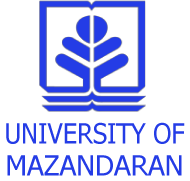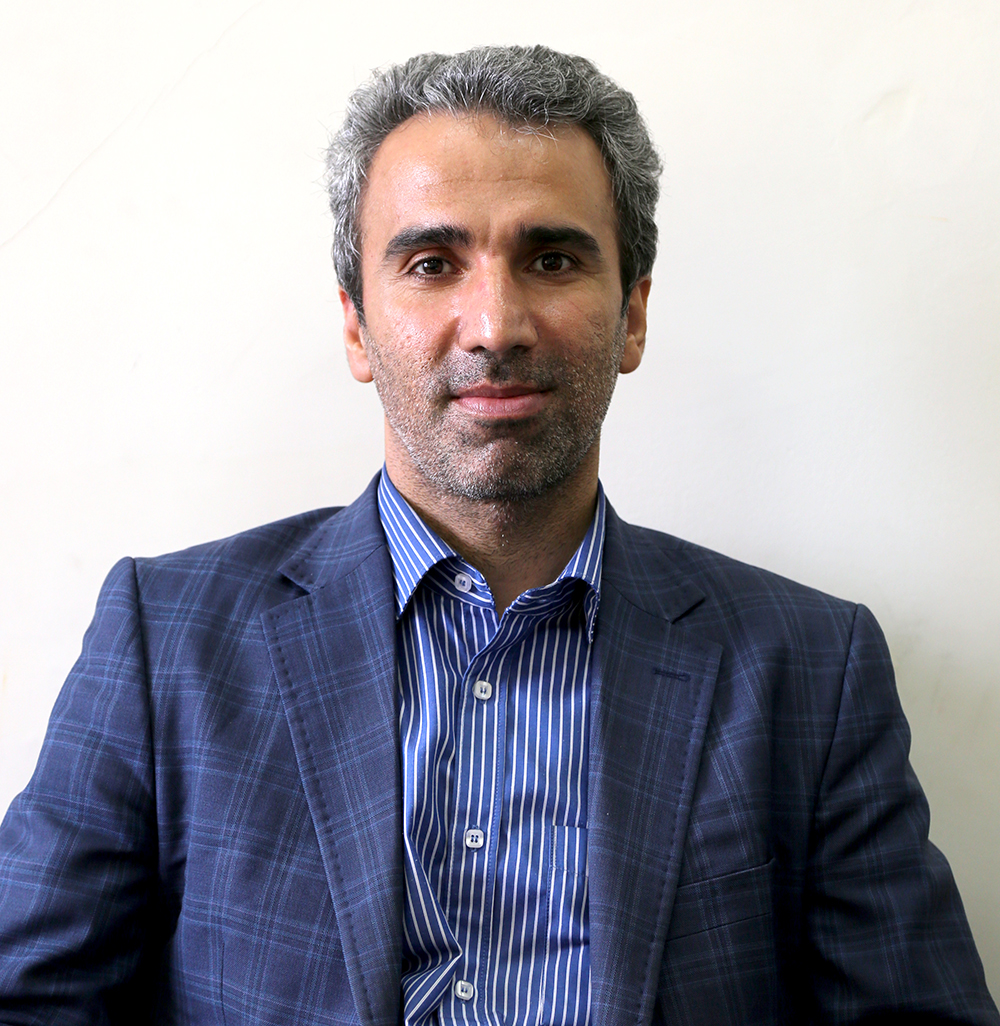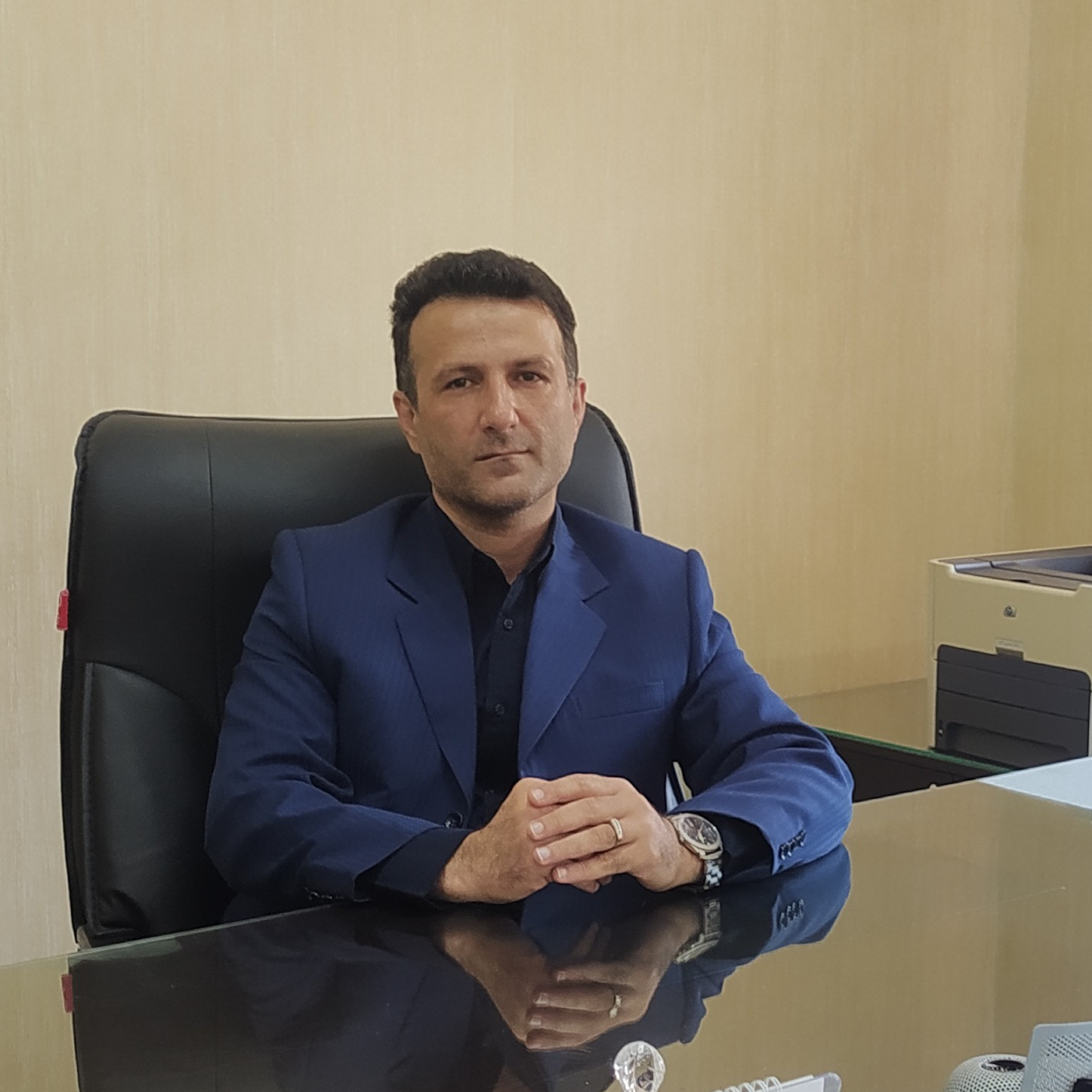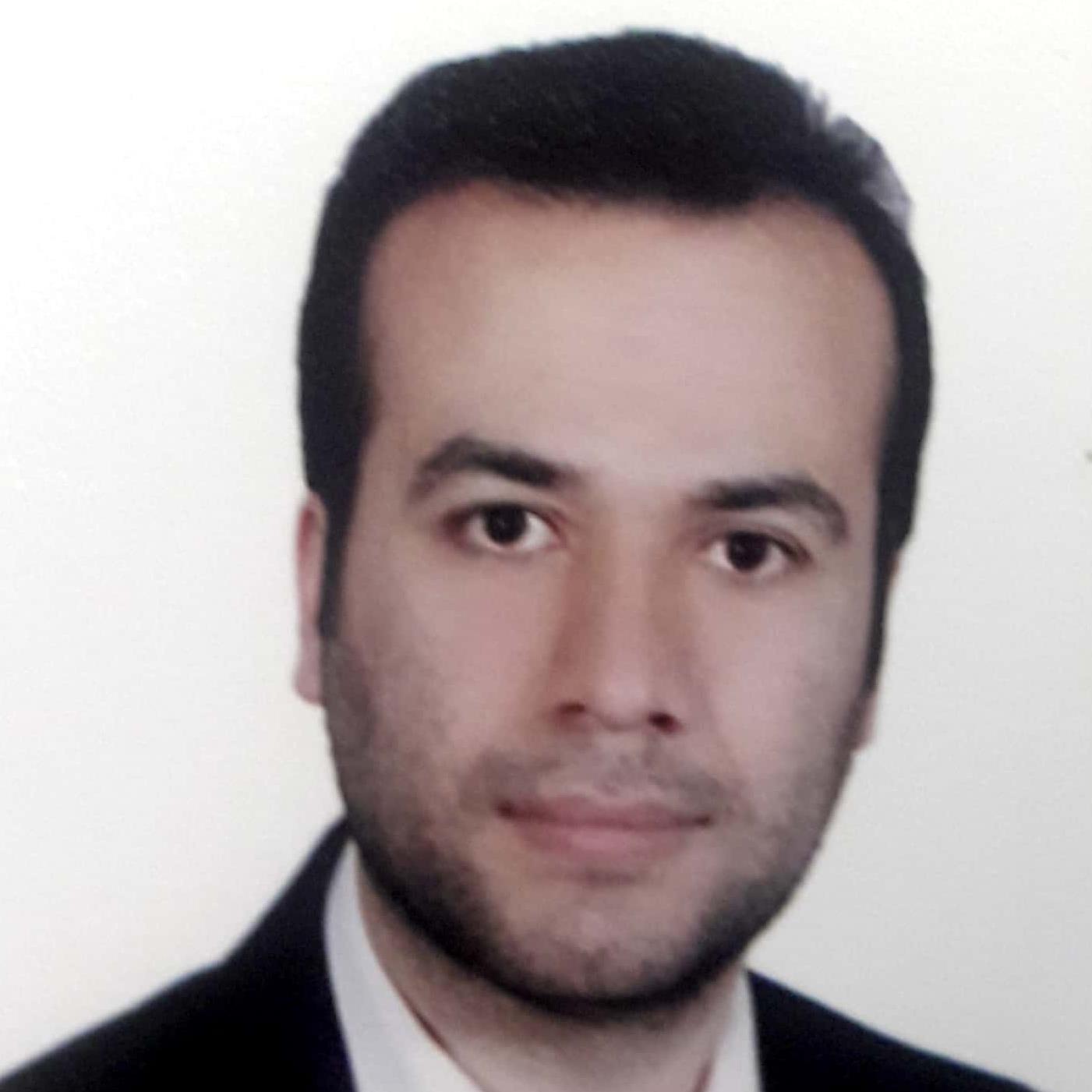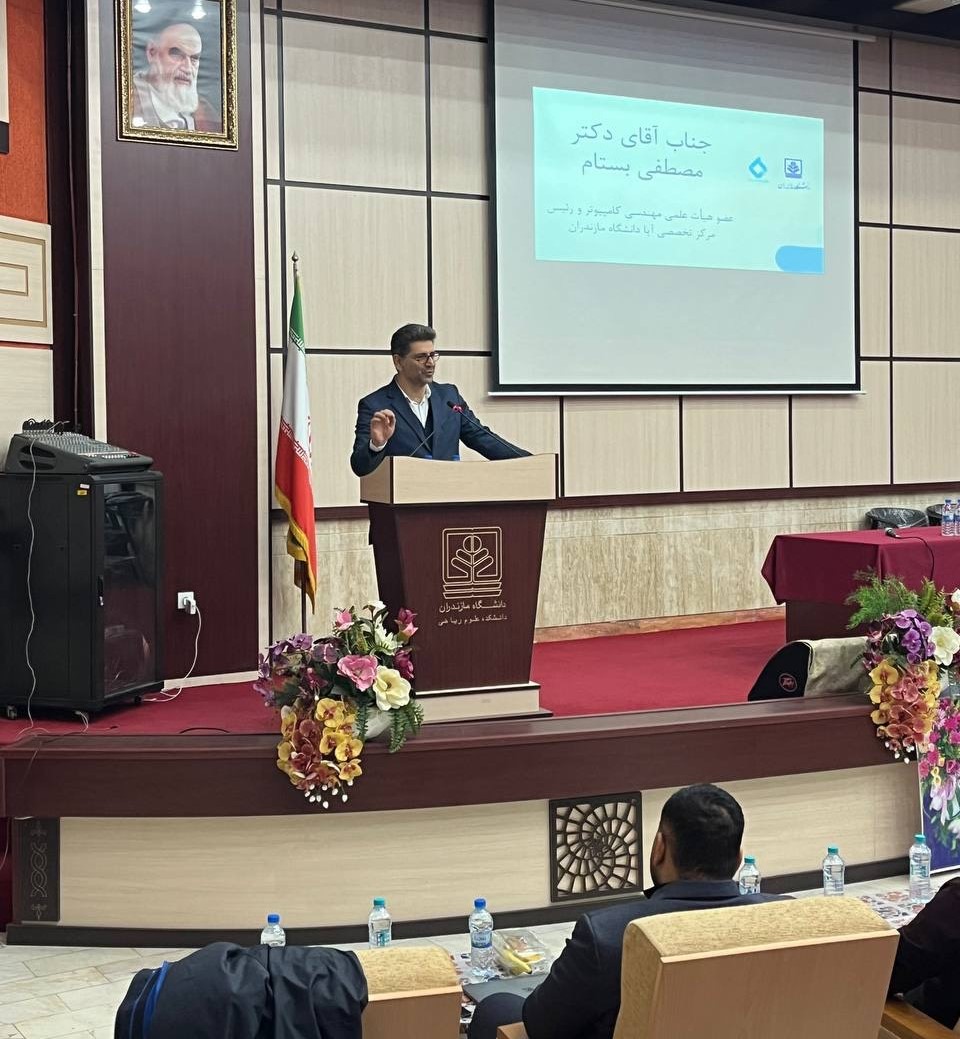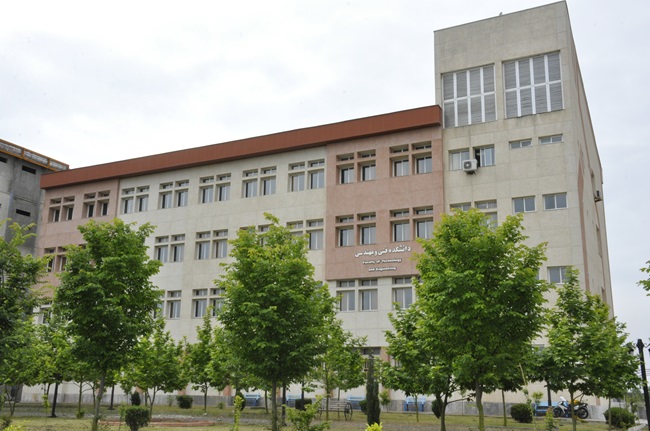Technology - Foreign
About us
After Noshirvani Technical and Engineering Faculty of Babol separated from Mazandaran University in 2016, the Faculty of Engineering and Technology of Mazandaran University on 15th of February 2016 admitted about 70 students (in day and night courses) in the fields of civil engineering, computer engineering (software) and chemical engineering officially started its activity. The Faculty of Engineering is located on the eastern side of the central campus of the university, and due to being recognized as an engineering authority of Mazandaran University, which is one of the oldest and most prestigious universities across the country and the mother university in the north of the country, it adds to the importance and role of this faculty. In this faculty, there are now more than 2021 students in the fields of civil engineering, chemical engineering, computer engineering (software), since 2007, and mechanical engineering since 2013, and electrical engineering since 2014 in the undergraduate level in the form of day and night courses. They are studying.
Introduction of Educational Groups
Electrical engineering is a dynamic field with wide applications Electrical engineering, one of the important sub-disciplines of engineering, deals with the study and application of electricity, electromagnetics and electronics. This field is one of the main foundations of the modern world and plays a vital role in a wide range of industries and technologies.
Different trends: Electrical engineering includes several trends, each of which deals with its own specialized area. Some of the main trends in this field are:
Power: The focus of this trend is on the production, transmission and distribution of electricity. Power engineers work in the design, construction and maintenance of power plants, power networks and their control systems.
Electronics: This trend examines and designs electrical circuits, electronic equipment and computer systems. Electronic engineers work in fields such as telecommunications, robotics, microelectronics, and chip design. Telecommunications: The focus of this trend is on sending and receiving information in the form of electrical or optical signals. Telecommunication engineers work in the design, construction and maintenance of telecommunication systems, computer networks and radio equipment.
Control: This trend examines and designs control systems that are used in a wide range of applications including robotics, aerospace, industries and various processes.
lessons: Basic courses in electrical engineering include mathematics, physics, electrical circuits, electromagnetics, and programming. Students in each major also take specialized courses related to that major. Labor market: Electrical engineering is one of the fields with high demand in the job market. Graduates of this field can work in a wide range of industries, including electricity, telecommunications, oil and gas, aerospace, automotive, medicine, etc.
Required skills: Electrical engineers must have strong analytical skills, in-depth knowledge of mathematics and physics, as well as problem-solving and teamwork abilities. Mastery of specialized engineering software and familiarity with English language are also other requirements of this field. Continuing education: Students can continue their studies in electrical engineering at higher levels (master's degree and doctorate) and deepen their expertise in a specific field.
Income: The average income of electrical engineers in Iran is relatively high and can vary depending on the orientation and work experience.
Course Selection: Choosing electrical engineering as a field of study depends on the individual's interest and talent. If you are interested in math, physics, and basic science and enjoy solving complex problems, electrical engineering could be the right choice for you.
Tips for choosing a major: Pay attention to the job market and the demand for each major. Think about your interests and abilities in different subjects. Talk to electrical engineers in different disciplines to learn about their experiences.
Different trends: Electrical engineering includes several trends, each of which deals with its own specialized area. Some of the main trends in this field are:
Power: The focus of this trend is on the production, transmission and distribution of electricity. Power engineers work in the design, construction and maintenance of power plants, power networks and their control systems.
Electronics: This trend examines and designs electrical circuits, electronic equipment and computer systems. Electronic engineers work in fields such as telecommunications, robotics, microelectronics, and chip design. Telecommunications: The focus of this trend is on sending and receiving information in the form of electrical or optical signals. Telecommunication engineers work in the design, construction and maintenance of telecommunication systems, computer networks and radio equipment.
Control: This trend examines and designs control systems that are used in a wide range of applications including robotics, aerospace, industries and various processes.
lessons: Basic courses in electrical engineering include mathematics, physics, electrical circuits, electromagnetics, and programming. Students in each major also take specialized courses related to that major. Labor market: Electrical engineering is one of the fields with high demand in the job market. Graduates of this field can work in a wide range of industries, including electricity, telecommunications, oil and gas, aerospace, automotive, medicine, etc.
Required skills: Electrical engineers must have strong analytical skills, in-depth knowledge of mathematics and physics, as well as problem-solving and teamwork abilities. Mastery of specialized engineering software and familiarity with English language are also other requirements of this field. Continuing education: Students can continue their studies in electrical engineering at higher levels (master's degree and doctorate) and deepen their expertise in a specific field.
Income: The average income of electrical engineers in Iran is relatively high and can vary depending on the orientation and work experience.
Course Selection: Choosing electrical engineering as a field of study depends on the individual's interest and talent. If you are interested in math, physics, and basic science and enjoy solving complex problems, electrical engineering could be the right choice for you.
Tips for choosing a major: Pay attention to the job market and the demand for each major. Think about your interests and abilities in different subjects. Talk to electrical engineers in different disciplines to learn about their experiences.
| Counter | section | field title | head of department | Head |
|---|---|---|---|---|
| 1 | Bachelor's degree | Electrical Engineering | Dr Samira Mavaddati | +981135305126 |
The Department of Computer Engineering was established in the newly established Faculty of Engineering and Technology of Mazandaran University in 1386, immediately after the separation of Noshirvani Technical and Engineering Faculty of Babol. In the early years of its activity, this educational group started to accept interested students in the two fields of computer-software engineering and information technology engineering at the undergraduate level. Currently, the admission of undergraduate students in the field of computer engineering (without specialization) continues. At the master's level, this group has been accepting dear students since 2019 in the field of computer networks and since 2014 in the field of artificial intelligence. Also, a significant number of non-Iranian students are studying at the undergraduate and graduate levels of computer engineering in the Faculty of Engineering and Technology.
| Counter | section | field title | head of department | Contact |
|---|---|---|---|---|
| 1 | Bachelor's degree
Masters degree Masters degree |
Computer-software engineering
Computer Networks Artificial intelligence |
Dr Ehsan Ataei |
+981135305114 |
The Department of Mechanical Engineering of Mazandaran University has started its activity since 2013 and has been recruiting students. Currently, this group accepts students in three academic levels, including Bachelor of Mechanical Engineering, Master of Mechanical Engineering with Applied Design, and Master of Energy Systems Engineering, as well as Doctorate in Mechanical Engineering with Applied Design. Since its inception, the focus of the Department of Mechanical Engineering has been on three main areas, namely education, research, and technology. During this period, significant achievements in the field of research and technology have been achieved by the professors and students of this group. Among these achievements, we can mention the placement of some of the senior members of this group among the highly cited researchers, as well as the success in attracting capital from the industry and continuous communication with the National Elite Foundation. One of the important educational goals of the mechanical engineering department is to prepare students to enter the professional life in the future. The field of mechanical engineering is one of the oldest and at the same time the most practical fields of engineering, which is used in many industrial fields, including automotive, aerospace, air conditioning, power plants, medicine (biomechanics), etc. By entering this field, students will acquire the knowledge, expertise, and skills necessary to enter the job market in related fields with the help of faculty members and the facilities available in the faculty. Also, familiarity with new research methods and new research fields is also considered in this training course. The Department of Mechanical Engineering of Mazandaran University is operating with a major in undergraduate studies.
| Counter | section | field title | head of department | Contact |
|---|---|---|---|---|
| 1 | Bachelor's degree
Masters degree Ph.D |
Mechanical Engineering
Mechanical engineering- applied design orientation Energy systems engineering Mechanical engineering - Mechanical engineering with applied design orientation |
Dr Maryam Ebadi |
+981135305116 |
The civil engineering field in Mazandaran University is one of the first fields in the Faculty of Engineering and Technology, which has a history of 17 years, and started operating in 1386 by accepting undergraduate students in day and night courses. With the provision of educational and research infrastructures, the development of graduate education in this engineering field was prioritized by the university, and at the master's level, structural and earthquake trends (from 2013) and water resources management (from 1402) and at the doctoral level, structural trends. (since 1402) expanded. The specializations in the civil engineering department are: structural engineering, earthquake, geotechnics, soil, water resources management, road and transportation, transportation. The Department of Civil Engineering of Mazandaran University is equipped with structural and concrete laboratories, soil laboratory, fluid and hydraulic laboratory and welding workshop with the latest tools and equipment in order to advance its educational and research goals.
Research fields of civil engineering professors
Reinforcement of concrete members, behavior of concrete members after heating, performance of green concrete, mechanical behavior of composite members, health monitoring of structures, design of reinforced concrete structures, 3D printing of concrete structures, reliability in civil engineering, soft calculations, nonlinear analysis and strengthening of structures Concrete, sustainable development in concrete, application of numerical methods in structures Management of surface and underground water resources, simulation of water resources systems, quantitative and qualitative modeling of underground and underground water resources, hydraulics and hydraulic structures, river engineering, flood control and management, dispute resolution models in water resources, integrated management of surface and underground water resources Application of intelligent models in planning water resources systems, seismic survey of dams Designing transportation networks, public transportation planning, traffic allocation algorithms Seismic improvement of structures, dynamic soil-structure interaction, functional seismic design of buildings, passive control of structures Mechanics of unsaturated soils, reinforced soil (with sheet and cellular geosynthetics), sinkholes and subsidence, environmental geotechnics, laboratory and field studies, remediation of problematic soils and soils contaminated with oil and petroleum derivatives, environmental geotechnics
Research fields of civil engineering professors
Reinforcement of concrete members, behavior of concrete members after heating, performance of green concrete, mechanical behavior of composite members, health monitoring of structures, design of reinforced concrete structures, 3D printing of concrete structures, reliability in civil engineering, soft calculations, nonlinear analysis and strengthening of structures Concrete, sustainable development in concrete, application of numerical methods in structures Management of surface and underground water resources, simulation of water resources systems, quantitative and qualitative modeling of underground and underground water resources, hydraulics and hydraulic structures, river engineering, flood control and management, dispute resolution models in water resources, integrated management of surface and underground water resources Application of intelligent models in planning water resources systems, seismic survey of dams Designing transportation networks, public transportation planning, traffic allocation algorithms Seismic improvement of structures, dynamic soil-structure interaction, functional seismic design of buildings, passive control of structures Mechanics of unsaturated soils, reinforced soil (with sheet and cellular geosynthetics), sinkholes and subsidence, environmental geotechnics, laboratory and field studies, remediation of problematic soils and soils contaminated with oil and petroleum derivatives, environmental geotechnics
| Counter | Section | Field Title | Head of Department | Head |
|---|---|---|---|---|
| 1 | Bachelor's degree
Masters degree Masters degree Masters degree Ph.D |
Civil Engineering
Civil-structural engineering Civil engineering-earthquake Civil engineering-engineering and water resources management Civil Engineering |
Dr. Mahmoud Mohammad Rezapour Tabari |
+981135305133 |
Chemical engineering can be defined as the science of designing and building industrial units for the production of chemical products using chemical and physical principles. The ultimate goal of designing a process is to reach a product with suitable quality and desired by the target market. Before buying, building the equipment and finally testing the process, it is possible to achieve the combination of the percentage of all components and the amount of energy and work consumed in the process with the knowledge of chemical engineering. The country's oil and gas resources are one of the national capitals that play a significant role in the development of Iran's economy. Moreover, in the last few decades, the country has invested significantly in the field of petrochemicals and converting oil and gas into products with higher added value. In order to prevent the raw sale of these resources with non-renewable value, it is necessary to develop small, large and medium industries. Therefore, a wide range of different trends in chemical engineering must be together to achieve economic goals. The goal of the chemical engineering field is to train efficient and expert human resources required by the chemical, petrochemical, refinery, food, pharmaceutical, etc. industries. Students of chemical engineering, while familiarizing themselves with advanced topics of chemical engineering, as well as conducting practical and skill-oriented research, will gain the ability to respond to relevant industrial issues and problems. The Department of Chemical Engineering of Mazandaran University started its work with a master's degree in February 2016 and expanded its activity by accepting master's degree students in process design and polymer specialization (2013). Also, non-Iranian students are studying or have graduated in the undergraduate and graduate degrees of chemical engineering in the Faculty of Engineering and Technology. This group is currently active in expert, master's and doctorate level.
| Counter | Section | Filed Titel | Head of Department | Phon Number |
|---|---|---|---|---|
| 1 | Bachelor's degree
Masters degree Masters degree Ph.D |
Chemical Engineering
Chemical Engineering - Polymer Chemical engineering - process design Chemical Engineering |
Dr. Syed Morteza Mozafari | +981135305131 |
